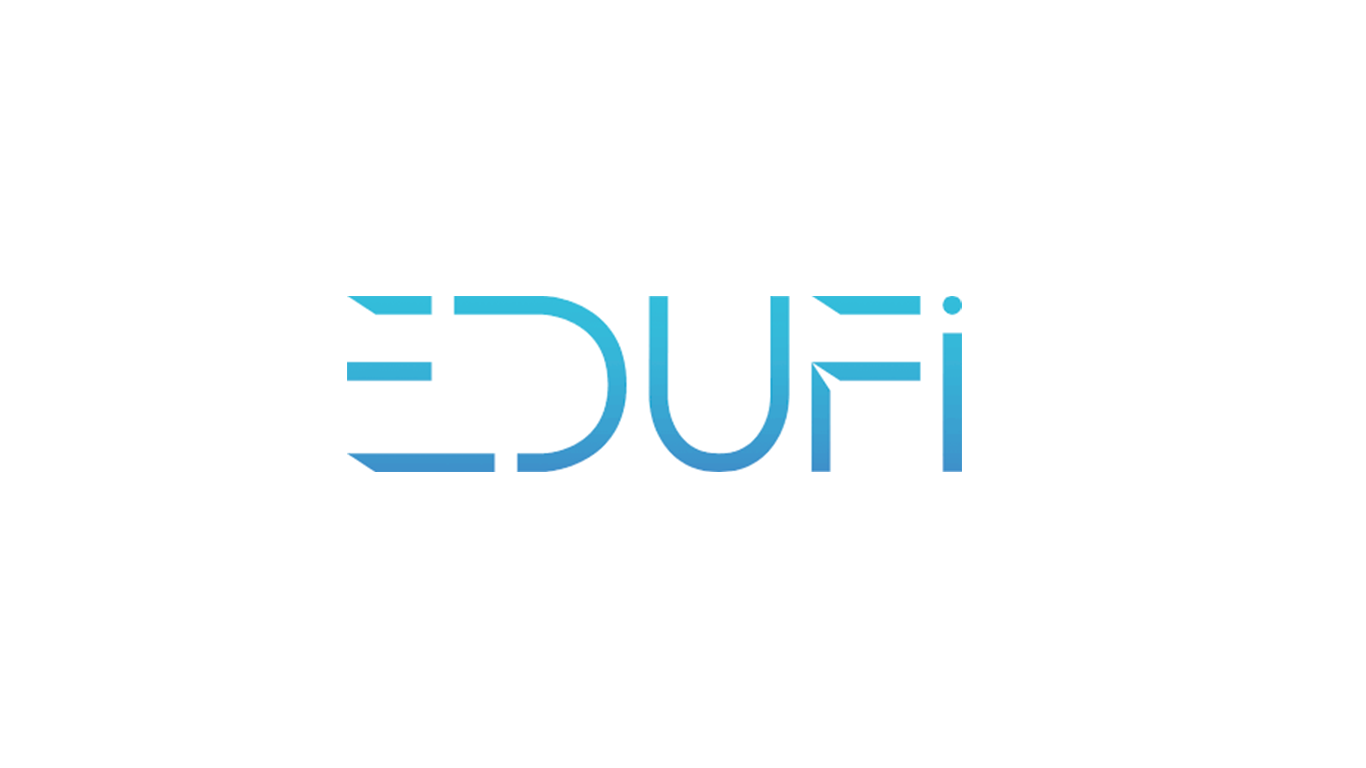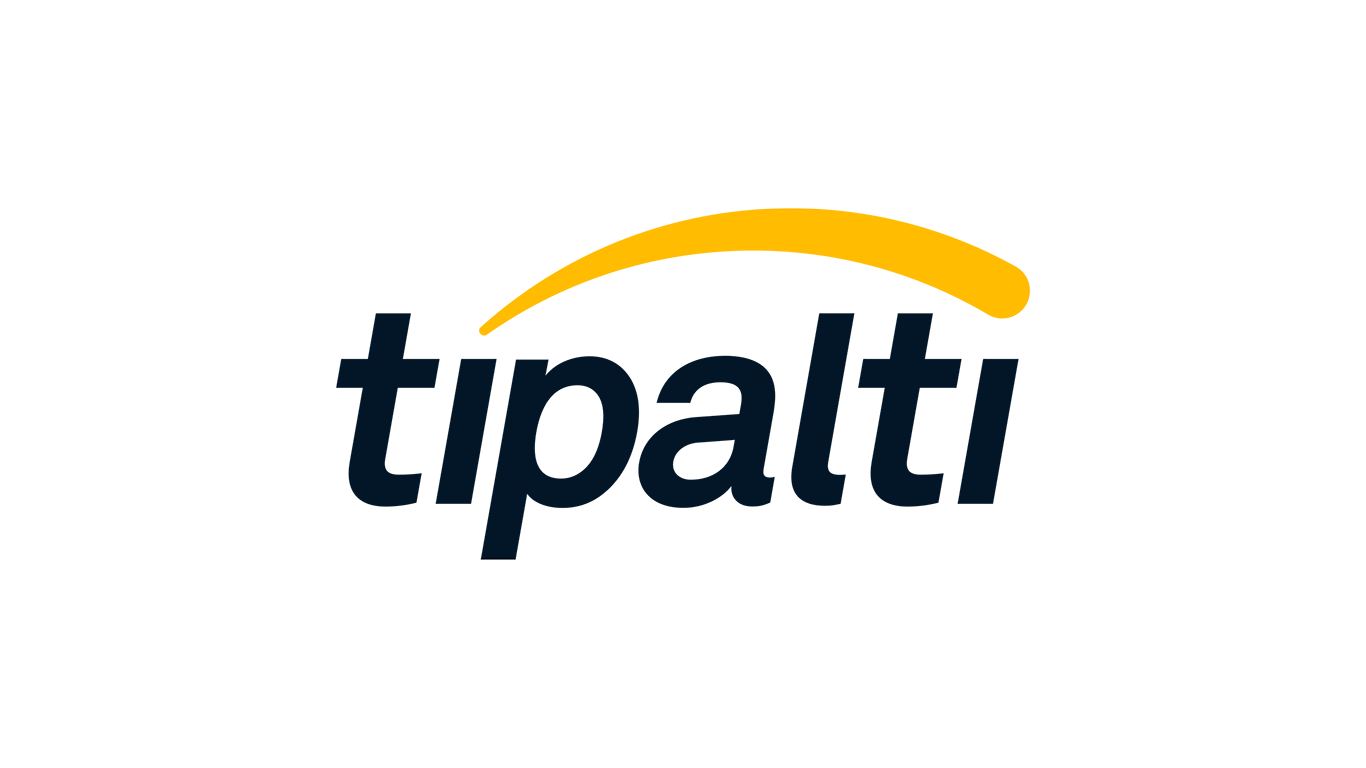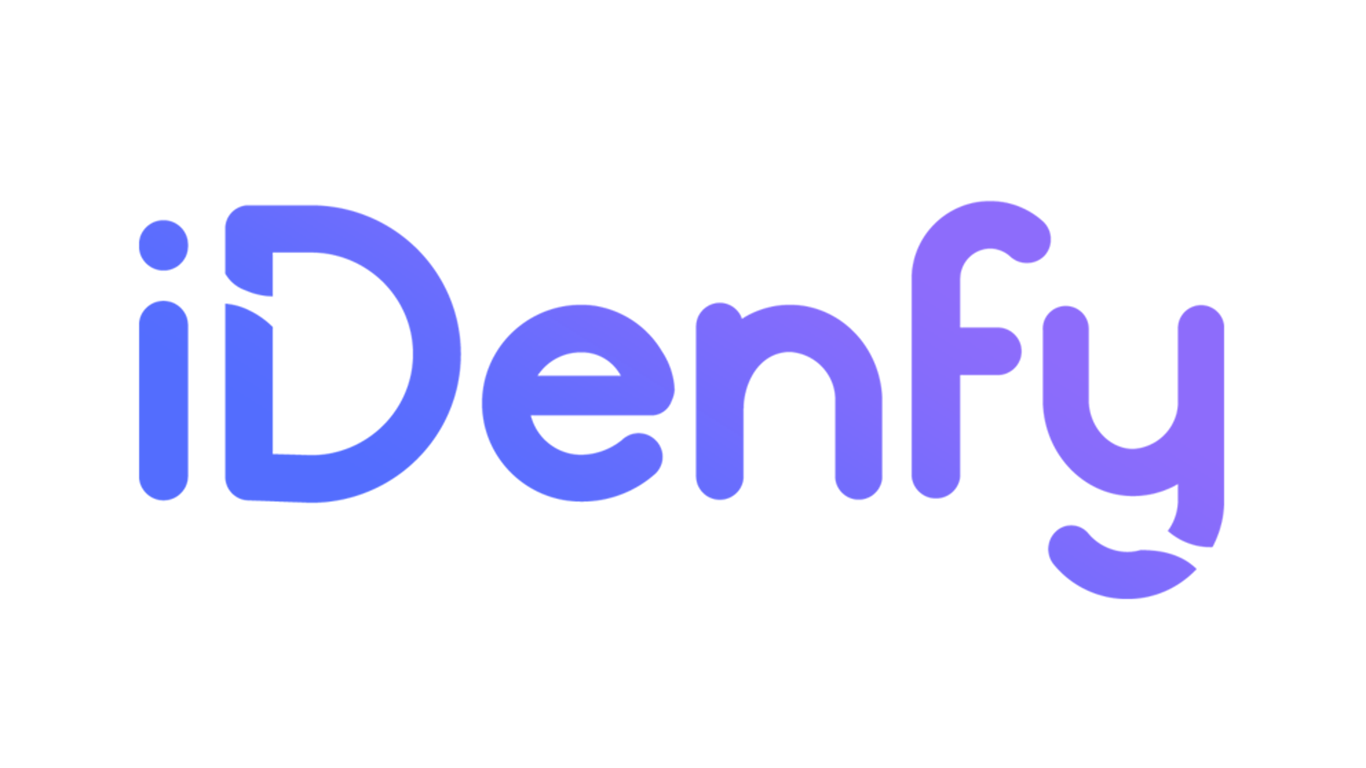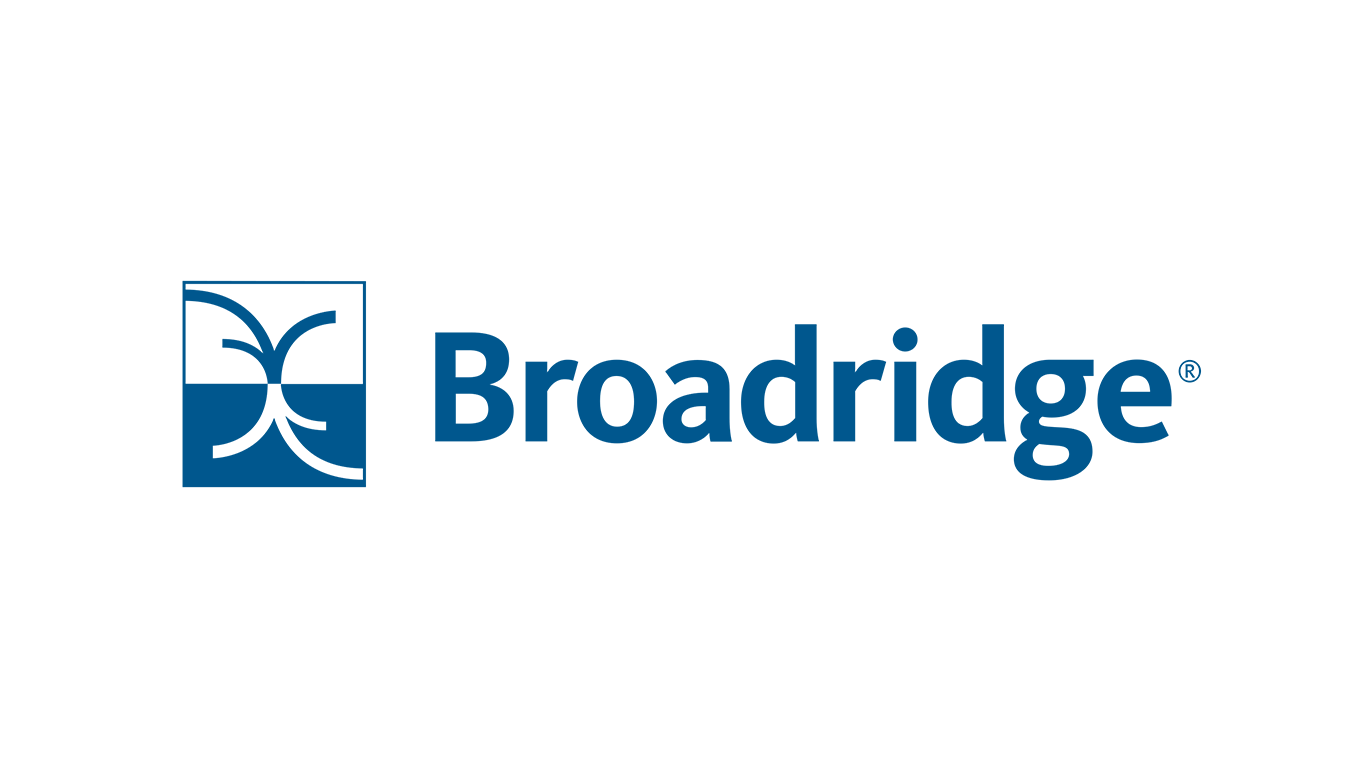Published
- 07:00 am

Benzinga has announced Wealth Access, the leading customer data insights platform, as a finalist in the Best New Product category for the Benzinga Global Fintech Awards program. The Benzinga Fintech Awards showcase companies and executives from areas such as investing, technology, leadership, financial literacy, and more.
The Benzinga Global Fintech Awards program honors new, creative, innovative and outstanding people, platforms and companies in the fintech industry across more than 40 categories. By participating in the competition, companies and executives are reviewed by Benzinga's expert panel of judges. The evaluation criteria are focused on the concepts of innovation and accessibility and industry impact. Those with the highest-ranked scores are honored as Benzinga's 2023 Fintech Deal Day Award winners.
“Wealth Access works tirelessly to empower bankers and advisors who are looking to maximize customer engagements and unlock their customer’s complete financial relationship,” said David Benskin, founder and CEO of Wealth Access. “We are grateful for Benzinga’s recognition of our ability to drive true change and produce remarkable insights for both FI leaders and their customers, enabling both to unlock their full potential.”
The winners will be announced at Benzinga's 9th annual Fintech Deal Day & Awards, a full day of dealmaking, networking, and recognition in the financial technology space, on November 13 at Convene at 225 Liberty Street.
Related News
- 09:00 am

Arch, a private investment management platform modernizing K-1 workflows, automating operations, and simplifying reporting for financial professionals, today announced that it has raised $20 million in Series A funding. This round was led by Menlo Ventures, with participation from existing investors Craft Ventures and Quiet Capital, as well as new investors Carta, Citi Ventures, GPS Investment Partners, and Focus Financial Partners. Arch plans to use the new capital to expand its team and enhance its product, with a focus on streamlining the repetitive manual work traditionally associated with investing in and managing alternative investments.
Arch's next-generation portal currently tracks tens of thousands of positions, encompassing more than $60 billion in investments across the universe of alternative asset classes. Its client- and advisor-facing platform aggregates data and documents across every investment, eliminating the need for users to access third-party portals, and delivers reporting-ready data directly to investors, accountants, and advisors. Arch provides intuitive tools for users to review and efficiently manage updates within their portfolios, including new investment opportunities, capital calls, distributions, and more. Additionally, Arch collects and aggregates tax documents (such as K-1s) as they are distributed, allowing users to locate these items from a centralized source when tax season arrives.
“Arch is building the digital backbone for the tens of trillions of dollars that sit in alternative assets,” said Croom Beatty, Partner at Menlo Ventures. “By aggregating and connecting upstream data from disparate sources, Arch unlocks highly valuable workflows and data products for investors, advisors, and anyone who touches alternative asset data. We're excited to partner with Ryan and their team as they make that data more liquid and consumable for stakeholders across the financial services ecosystem.”
The founders of Aduro Advisors, Altruist, Equi, Sydecar, and Vanilla also invested, along with industry thought leaders Gary Cohn, Scott Prince, and Marc Spilker. They were joined by members of Arch’s client base which includes single- and multi-family offices and wealth management firms.
“Actionable, insightful data is the foundation of smart investment decisions,” said Ryan Eisenman, co-founder and CEO at Arch. “That's why we built Arch – to meet the complex needs of private investors, financial advisors, banks, and institutions, equipping them with a platform to efficiently manage and understand their private investments. We’re extremely thankful to our investors and clients for their support as we continue to create solutions that meet the needs of our clients and the investment community.”
The raise brings Arch to more than $25 million in new funding in two years. The capital will further the development of its product roadmap, which includes automating more workflows for advisors, accountants, and their clients; delivering increased insights around an investor’s private markets portfolio; and building additional tools to reduce the risk of fraud against investors. The funds will also enable the firm to develop solutions that equip investors and advisors to better understand and simplify workflows related to investment manager communications.
“Arch is a powerful fintech solution that empowers advisors to manage their alternatives allocation more efficiently,” said Lenny Chang, co-founder at Focus Financial Partners. “As private credit, private equity, real estate, and venture capital continue to capture the interest of high-net-worth investors, independent advisors require tools that give them greater scale and flexibility in managing a comprehensive portfolio that includes alternatives. I believe Arch’s product suite is poised to play an important and integral role in the alternatives ecosystem.”
Arch serves nearly 200 families, investment firms, and institutions, including one of the largest U.S. banks. As technology and legislation democratizes widespread access to alternative investments, Arch will continue innovating to serve the growing need for private investment management. Having nearly tripled its headcount over the past year, Arch intends to strategically onboard top talent across its operations, partnerships, and engineering divisions.
Related News
- 09:00 am

Almond FinTech, a B2B technology company bridging the worlds of fiat and digital currency, is excited to announce a new funding milestone of $7 million. The funding will help broaden Almond’s rapidly expanding network in Asia, the Americas, and Africa while reinforcing its commitment to making financial services affordable and accessible to people everywhere.
Almond’s proprietary Settlement Optimization Engine (SOE) tracks hundreds of digital currencies and blockchains to identify optimal routing for international transfers, ensuring the lowest possible cost combined with the highest availability. The technology revolutionizes how money moves by achieving near-instant settlements, protecting against forex risk, and minimizing international float requirements.
“I am humbled and honored to be part of a formidably intelligent and passionate team driven by an unwavering commitment to improving equitable access to financial services and possessing the capacity for substantial impact,” said Adam Swartzbaugh, CEO and Co-Founder of Almond.
Beyond cross-border transactions, Almond empowers clients with a game-changing credit scoring platform — driven by behavioral analytics — to provide fast, low-risk, and ethical loans to communities with unconventional or limited credit histories.
“Almond is removing systemic friction points underpinning global access to essential financial services using an elegant approach that achieves a meaningful, intelligent solution across long-standing problems that bears a measurable and truly innovative technology,” said Megan Mitchell (Associate Director, MIT Pathways for Talent).
Almond also recently achieved SOC2 Type 1 Compliance, or SSAE 18, adhering to the American Institute of Certified Public Accountants (AICPA) standards for service organization control.
“The change we are bringing to the financial sector is inevitable,” says Yunus Sevimli, Co-Founder and CTO of Almond FinTech. “Blockchain and digital currencies have already ‘crossed the chasm’ and are on a path to global adoption. What we are doing at Almond is using this global, ubiquitous technology as an infrastructure to move value across borders. This approach circumvents the friction and losses inherent in existing funds transfer models otherwise burdened by intermediaries and middlemen.”
Related News
- 03:00 am

Education is a lever of economic growth and social development in any country but poor quality state school provision often drives many families to fee-paying schools. Helping these families manage the financial challenges of school fees, EduFi is today announcing a $6.1m funding round for its Study Now, Pay Later lending platform. It has launched in Pakistan, a country where 40% of students are attending a fee-paying school and spending over $14 billion for their education every year.
The pre-seed funding round was led by Zayn VC with participation from Palm Drive Capital, Deem Ventures Ltd, Q Business, Abhi, AdalFi, Techlogix and other angel investors. EduFi is a fintech platform and mobile app that enables students to secure loans for their school fees. EduFi works with liquidity providers and schools to drive successful student loans. The platform is underpinned by a proprietary education sector focused credit scoring model using advanced machine learning algorithms and artificial intelligence.
Aleena Nadeem, Founder & CEO of EduFi commented: “We conceived and built this product to serve markets that have low credit penetration. Pakistan presented an ideal opportunity to launch because the need is the greatest and we had a first-mover advantage. Firstly, banks don’t offer student loans, instead users take personal loans which are riddled with a high cost of origination owing to physical verification of identity, personal assets and financial health. The absence of credit scoring has restricted credit access to a thin, top tier of customers. We want to expand the credit and student loan opportunity to a much wider audience of students across the country. Secondly, we feel student loans can be a bridge to the country’s two biggest problems - high levels of poverty and low literacy rates - and catalyze economic growth”.
The EduFi team has created a full tech stack that provides visibility to liquidity providers on their capital performance and enables schools to capture student performance metrics such as attendance, overdue fees, drop out rates and academic performance of the students. In addition, the EduFi App UX offers an unparalleled pathway for users to quickly and easily access student loans. Combined, this end-to-end tech stack powers the EduFi credit scoring system to disperse student loans within 48 hours of application.
The loan journey offers a faster and simpler application process, fast loan disbursement, flexible repayment options and provides more convenience and accessibility than the traditional lenders. EduFi has ended the weeks of manual work to a few minutes in offering and making a student loan.
Headquartered in Singapore, EduFi was founded in 2021 by Aleena Nadeem. Having benefited from an MIT education and a successful finance career, her conviction that education opens pathways was the genesis for EduFi. The wider team has over several decades combined experience across banking, education and technology. The EduFi model is based on research and analysis the team conducted on the cultural, social, and economic factors that shape the decisions and behaviors of parents regarding education and finance. Based on these insights, EduFi is designed to be intuitive, transparent, and secure for the users.
EduFi’s vision is to be more than a platform but a lifeline and community for aspiring students to unlock their true potential. Through its partnerships with 15 colleges across Pakistan, EduFi is now available to over 200,000 students to pay their school fees.
Aleena Nadeem, CEO and founder of EduFi commented: “Education offers hope and can change the lives of people. I am one example of millions out there. EduFi offers this hope and will be a trigger for change in the lives of people as we lift one of the biggest burdens on aspiring families. For example, students in dental or medical schools have to pay upwards of $8,000 upfront which is not sustainable for many in Pakistan. Every student we’ve helped is testament to the ambition, opportunity and empowerment we are striving for at EduFi.”
According to a recent Unesco report, families in Pakistan spend 57% of their income on children's education, a sum total of $14 billion annually. Pakistan ranks second across South Asia and Southeast Asia in terms of expenditure on education. This presents a significant opportunity for EduFi to support students on their academic journey.
Faisal Aftab, General Partner & Founder at Zayn VC commented: “We are thrilled to support Aleena's vision for EduFi, which aims to provide financing options for families to fund their children's higher education. This is a significant step towards achieving financial inclusion for middle and low-income families. In Pakistan, families spend more than 50% of their income on their children's education, which has become increasingly challenging due to inflationary pressures. EduFi's innovative approach will help alleviate this burden and empower families to invest in their children's future.”
Related News
- 06:00 am

Wise Platform, Wise’s infrastructure solution for banks and major enterprises has joined forces with Agoda, a digital travel platform, to provide faster and more convenient payment options for travellers worldwide.
By integrating the power of Wise’s global payments network through its easy-to-use APIs into Agoda’s platform, Agoda’s customers around the world can now leverage faster, lower-cost and more transparent international payments directly from the Agoda platform, providing greater choice and convenience for travellers. With this partnership, Agoda customers will be able to receive cashback directly into their local bank accounts in just a few clicks, all within the Agoda app.
Commenting on the partnership, Mai-Linh Bui, Chief Financial Officer at Agoda said, “Today’s travellers seek speed and convenience at every step of their journey, and payments are no exception. With Wise Platform's expertise in cross-border payments, we are able to offer travellers more flexibility and choice in their payment experience. This partnership is another step forward in our continued efforts to provide a high-quality and rewarding travel experience for customers worldwide."
Steve Naudé, Managing Director at Wise Platform said, "We are thrilled to partner with Agoda, a digital travel platform that is dedicated to transforming travel for customers across the globe. Our partnership is testament to Wise Platform’s continued momentum in Asia Pacific, as we continue to grow our partnerships to power cross-border payment solutions for both businesses and consumers in this sector. Together with Agoda, we aim to offer innovative solutions that not only empower travellers but also elevate their overall travel experience to greater heights.”
Related News
- 03:00 am

London-based fintech Silverbird has made a senior appointment, hiring Daan de Voogd as its new Chief Operations Officer (COO).
Silverbird is a modern global payment platform designed to provide small and medium-sized enterprises with a streamlined and entirely digital onboarding process. The platform eliminates the necessity for in-person interviews or visits to a physical branch, as all required documents are efficiently managed electronically. This empowers businesses to effectively manage their finances from any location.
Before joining Silverbird, Daan de Voogd spent four years on the executive team at Onfido, scaling their operations, and helping them grow their revenue sixfold. Prior to that, he spent two years in private equity, and before that, eight years in the senior leadership team at consulting firm Newton Europe.
When asked about his decision to join Silverbird, Daan expressed enthusiasm for the company's mission, stating, "I love our vision — helping businesses from all over the world trade freely." His philosophy as a COO is centred on translating the CEO's vision into tangible reality, and using data to consistently make better decisions.
Silverbird’s co-founder Georgy Babilashvili said: "As we are growing, we make it a point to strengthen our leadership team with top talent from other fintechs and technology companies."
Silverbird’s co-founder and CEO Max Faldin said: "We have received so many references on Daan that we haven't received on anybody in the entire history of the company. And the position is crucial — Chief Operating Officer. When I was talking to the founder of his previous company, he told me that Daan was the most successful operational hire that he has ever made. I'm so happy to have Daan in our team."
Related News
- 08:00 am

The creator economy has witnessed exponential growth in recent years, with creators spanning various platforms amassing vast followings and influencing consumer behavior. According to Goldman Sachs, the creator economy is expected to grow substantially, reaching a staggering $480 billion by 2027. This growth signifies a seismic shift in how consumers engage with content and presents a unique opportunity for brands to harness the power of authentic storytelling. As brands increasingly rely on creators to engage their audiences effectively, building lasting relationships is more important than ever before.
To understand the components that make a best-in-class relationship between brands and creators, Tipalti surveyed over 1,200 creators across the U.S. and U.K. who earn part or all of their income creating content. The report delves into these shifting dynamics, revealing a nuanced picture of the challenges, aspirations, and preferences shaping these partnerships and invaluable insights for brands aiming to thrive in this dynamic ecosystem.
THE SHIFTING DYNAMICS OF BRAND-CREATOR RELATIONSHIPS
The surge in the creator economy has compelled brands to reevaluate their marketing strategies, no longer making collaborations with creators a trend, but a strategic imperative. In fact, creators express a resounding desire for long-term partnerships with brands. Astonishingly, 83% express a desire for enduring bonds, yet 57% of those face challenges in establishing these connections.
Aspirations among creators vary across generations, with nearly one-third (31%) of part-time creators aiming for a full-time shift by 2025. Gen Z (25%), Millennials (33%), and Gen X (23%) exhibit different goals, emphasizing the importance of tailor-made strategies to nurture their ambitions effectively.
In the past year, 71% of creators have become increasingly selective in choosing brand partners. The criteria for collaborations are multifaceted, with 51% considering brand reputation, 49% seeking alignment with values and aesthetics, and 47% prioritizing creative freedom. However, fair compensation stands tall as the non-negotiable factor, as 61% of creators prioritize it above all else. Understanding what creators seek and value is paramount in fostering meaningful and long-lasting collaborations.
THE COST OF NEGATIVE EXPERIENCES
Reputations are everything, especially when it comes to business. Among respondents, 96% said the type of experience they have when collaborating with a brand significantly influences their likelihood of working with them again, and 76% have recommended brands to work with their peers based on their own positive experiences. Despite these statistics, negative experiences are still common, and the cost of these negative experiences are terminated partnerships and diminished creativity, with 59% of creators ending partnerships due to bad experiences.
What contributes to a negative experience? Creators say feeling undervalued, late payments, and a lack of automation are the key drivers. Over half (56%) of creators report feeling undervalued by a brand for their work due to unfair compensation (50%), unrealistic project expectations (42%), and late payments (34%). Receiving late payments can be more impactful than you’d think and even result in diminished creativity. Of the 56% of creators who have faced late payments, 48% report a negative impact on their motivation to focus on creative work, while 46% report financial strain. Ultimately, 74% of creators who felt undervalued by a brand for their work have stopped working with that brand.
Not to be overlooked is the value of addressing creators’ administrative needs with automation. 43% of creators who have seen an increase in automation from brands go as far as to say that they have stopped working with them due to the administrative hassle caused by a lack of automation. Close to one-third (31%) of creators spend over 11 hours per month on administrative tasks; valuable time that could be spent on their creative endeavors.
THE IMPACT OF AI ON THE CREATOR ECONOMY
AI tools are increasingly integrated into the creative process—39% of creators actively incorporate AI—aiding creators in generating better content (81%) and working more efficiently (90%). However, there is a delicate balance to maintain, as 61% of creators express concerns about AI's mixed or negative effects. This sentiment spans across generations with Gen Z being the most skeptical (71%), followed by Gen X (70%) and Millennials (69%). With the rise in AI, also comes a shift in expectations of creators from brands. Creators report experiencing changed expectations for speed of work (55%) and content quality (44%), as well as a reduction of compensation potential (41%). Brands should acknowledge these concerns and mindfully adopt technology to reassure creators of their unique value.
PRIORITIZING PAYMENTS
Brands can enhance collaborations by investing in automated payment systems and providing essential support services such as tax compliance assistance, invoicing, payment calculation, and payment processing. In fact, 95% of creators state they are more inclined to repeat doing business with brands using automated payments. Due to macroeconomic factors like inflation and a volatile market, 88% of creators agree that seamless transactions are more important now than they were five years ago. By focusing on consistent and trusted payments, brands inherently build and maintain long-term bonds.
Building and maintaining mutually beneficial relationships requires consistent efforts. And in the dynamic world of brand and creator relationships, understanding what makes for a best-in-class experience is crucial. For creators, they prioritize brands that have the potential for long-term collaborations, offer fair and fast pay, make them feel valued, provide administrative support, and embrace new technology mindfully. As the creator economy continues to flourish, brands that invest in these relationships stand to forge authentic, enduring partnerships that captivate audiences, enhance brand credibility, and drive meaningful engagement.
Related News

Jeremy Grinbaum
VP EMEA at Amplitude
When it comes to innovation, the financial services (finserv) industry has been notoriously slow. see more
- 01:00 am

iDenfy, a global RegTech startup best known for its ID verification and fraud prevention tool hub, announced a new partnership with SoftGenius, a software development company specializing in crafting premier iGaming solutions. iDenfy's identity verification and AML solutions will assist in the screening and onboarding process of SoftGenius's expanding customer base.
Know Your Customer (KYC) is a legal requirement in the online entertainment and iGaming sphere for various reasons, including age verification, checking the validity of ID documents, and identifying potential risk factors, such as financial affordability concerns or issues related to gambling. According to iDenfy, online gaming operators and product developers must fill these trust and safety requirements while focusing on user experience and compliance in mind.
iDenfy, a leading name in the RegTech space, emphasizes the significance of online gaming operators and product developers meeting these trust and safety requirements. iDenfy claims that iGaming enterprises and their developers must understand the importance of balancing user experience and regulatory compliance. As claimed by iDenfy, this is extremely important. With the global market for online gaming surging to a staggering $26.14 billion in revenue in 2023, as reported by Statista, the competition has never been more intense.
SoftGenius recognizes that ID verification serves a dual purpose – it's not just a legal requirement but also an essential instrument for combating fraud and fostering trust, a critical aspect within the realm of iGaming. SoftGenius’ team believes that its product development process always has room for improvement in all aspects, including well-established functionalities and security features, so they wanted to implement a new KYC solution that could add an extra layer of security.
Currently, SoftGenius is working on building a new generation of entertainment and gaming, providing well-executed development services for online casinos and sports betting platforms. With founders and team members boasting over a decade of experience working within and alongside some of the largest iGaming companies globally, they possess a profound understanding of the whole industry.
According to iDenfy, many internal compliance teams and KYC agents constantly face a substantial volume of documents, resulting in drop-offs and a less optimal user experience. For this reason, according to KYC professionals, manual identity verification processes can’t offer the same level of user experience as AI-powered software. SoftGenius agrees with this approach, which made the company initiate a quest for an automated identity verification solution. Their goal is to streamline the verification process and elevate the overall user experience for their clients.
In addition to the ID verification solution, SoftGenius integrated iDenfy's AML Screening tool. This new tool empowers the software development company to conduct automated Anti-Money Laundering (AML) checks, significantly reducing the time spent cross-referencing different databases and lists to verify that the customer poses no risks to the gaming operator. iDenfy's solution automatically scans Politically Exposed Persons (PEPs) lists, sanctions lists, and global watchlists. This proactive approach enables SoftGenius to ensure secure user journeys, minimize risks, and expedite the verification of trusted customers, all without adding unnecessary complications to the KYC process.
It’s worth noting that iDenfy’s ability to deliver transparent and comprehensible information during our initial conversation stage left a strong impression on the SoftGenius team. This was instrumental in deepening the company’s understanding of iDeny’s identity verification and AML Screening tools and how they could enhance its operations. For this reason, the blend of clear communication, alignment with SoftGenius’ budget, and outstanding collaboration made iDenfy the perfect choice for fulfilling its KYC requirements.
“The combination of iDenfy’s ID verification and AML tools is what made a starting point for our automated fraud prevention strategy. We’re excited about this partnership, which helps us enhance security and ensure compliance in the iGaming industry,” — said Kati Holasz, the CTO of SoftGenius.
“Our goal is to help partners take a risk-based approach to fraud management and simultaneously deliver an exceptional customer experience. This is exactly what we’ll be doing together with SoftGenius,” — added Domantas Ciulde, the CEO of iDenfy.
Related News
- 06:00 am

Broadridge Financial Solutions, Inc., a global Fintech leader, has won the Best Corporate Actions Technology Award at the Asset Servicing Times Industry Excellence Awards, for the second consecutive year.
The Asset Servicing Times Industry Excellence Awards are designed to celebrate and recognize the achievements of leading organizations across the asset servicing industry. Collectively adjudicated by Asset Servicing Times and the Securities Services Advisory Group (TSSAG), the ceremony took place on the 9th of November at Plaisterers’ Hall in London.
“We are thrilled to win the award for Best Corporate Actions Technology and to be recognized for our ongoing innovation in the world of asset servicing,” said Michael Wood, General Manager of Asset Servicing, Broadridge. “At Broadridge, our team is dedicated to finding advanced solutions that fulfill the needs of our clients both today and in the future, and to continue raising the bar for asset servicing solutions across the industry.”
Broadridge’s solution supports the widest range of mandatory and voluntary corporate event types and associated lifecycle services including proxy voting, class actions, tax and securities lending. Clients benefit from a single global solution, improving operational efficiency, timeliness and accuracy of processing, and shareholder engagement, while also reducing the costly risk associated with missing corporate actions.
“It’s a privilege to recognize Broadridge’s diligence and dedication to transforming asset servicing through their versatile range of solutions and products,” said Justin Lawson, Co-Founder and Publisher at Asset Servicing Times. “Our awards champion the progress and success of firms that are contributing to best practice in the industry, and Broadridge is one of the organizations who continue to pave the way.”









